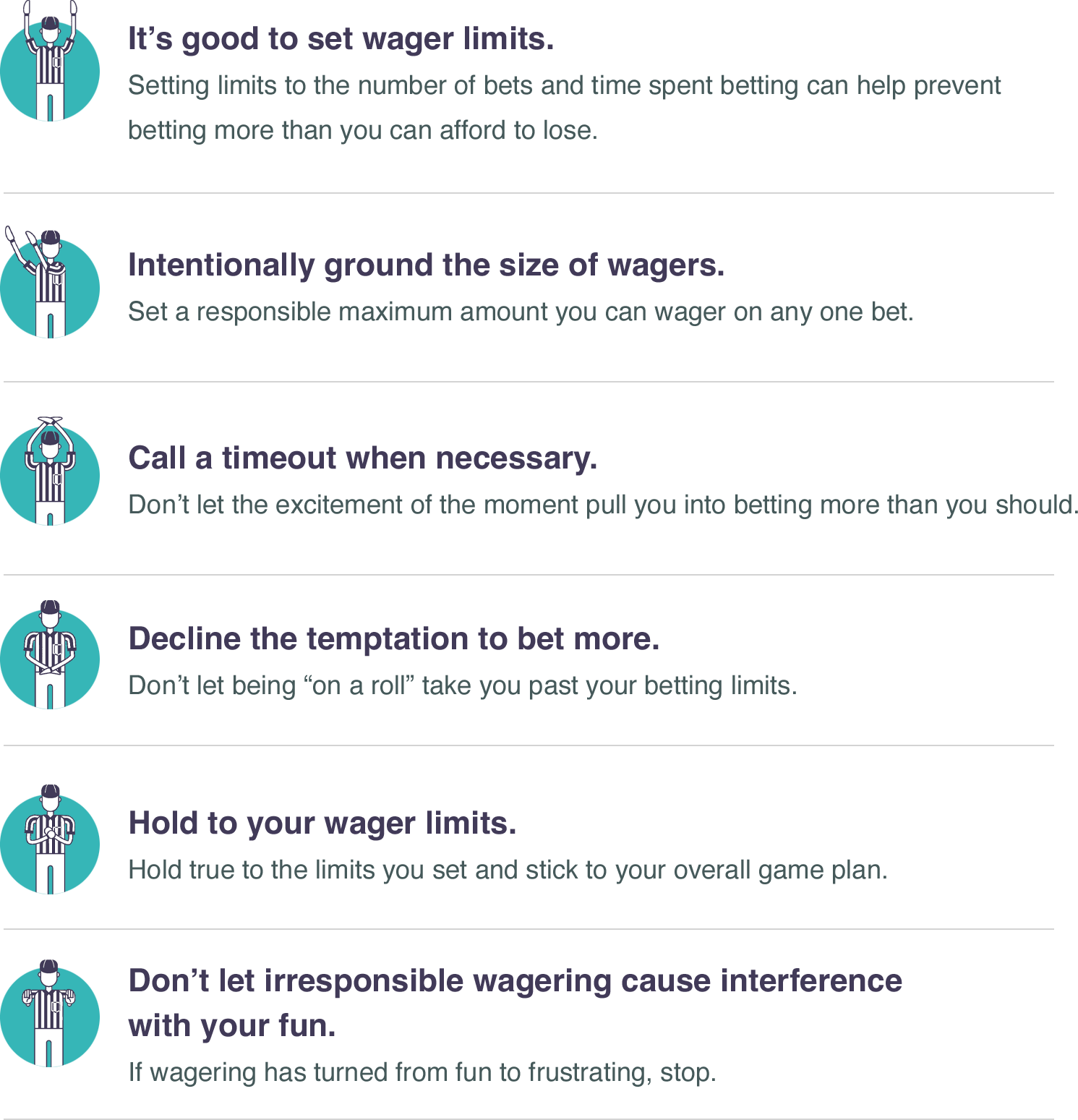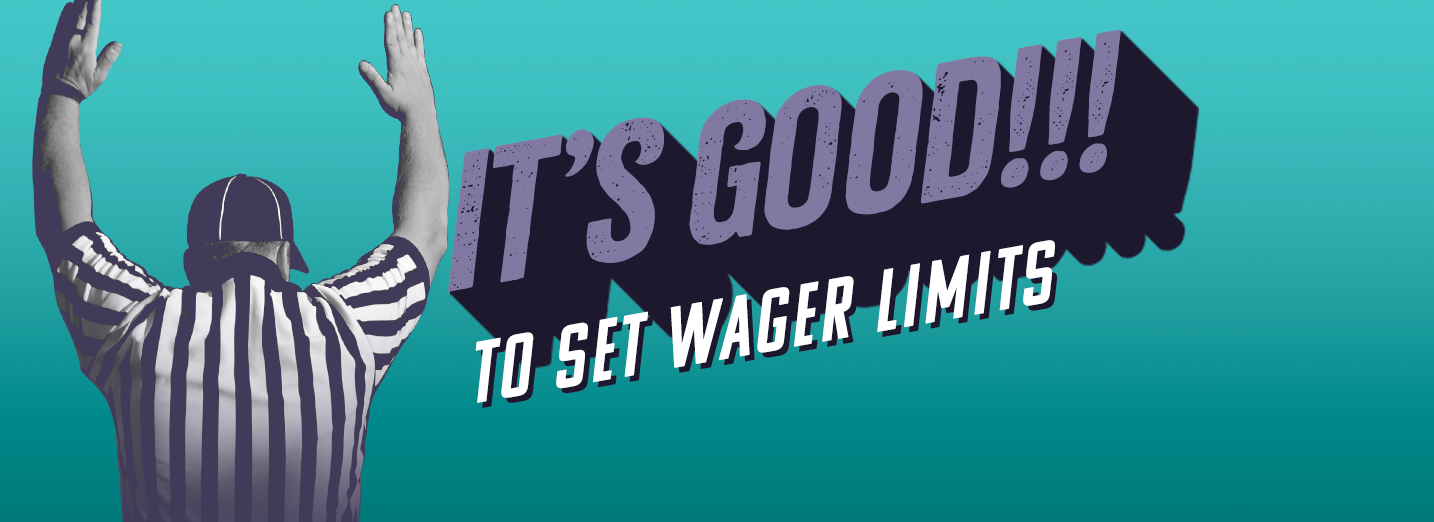How to Game Plan for More Responsible Sports Wagering
According to the American Gaming Association, a record 31.4 million people in the U.S. will wager approximately $7.61 billion on the Big Game this year, a 35% increase over last year. Here are some tips to help you make responsible wagers:



